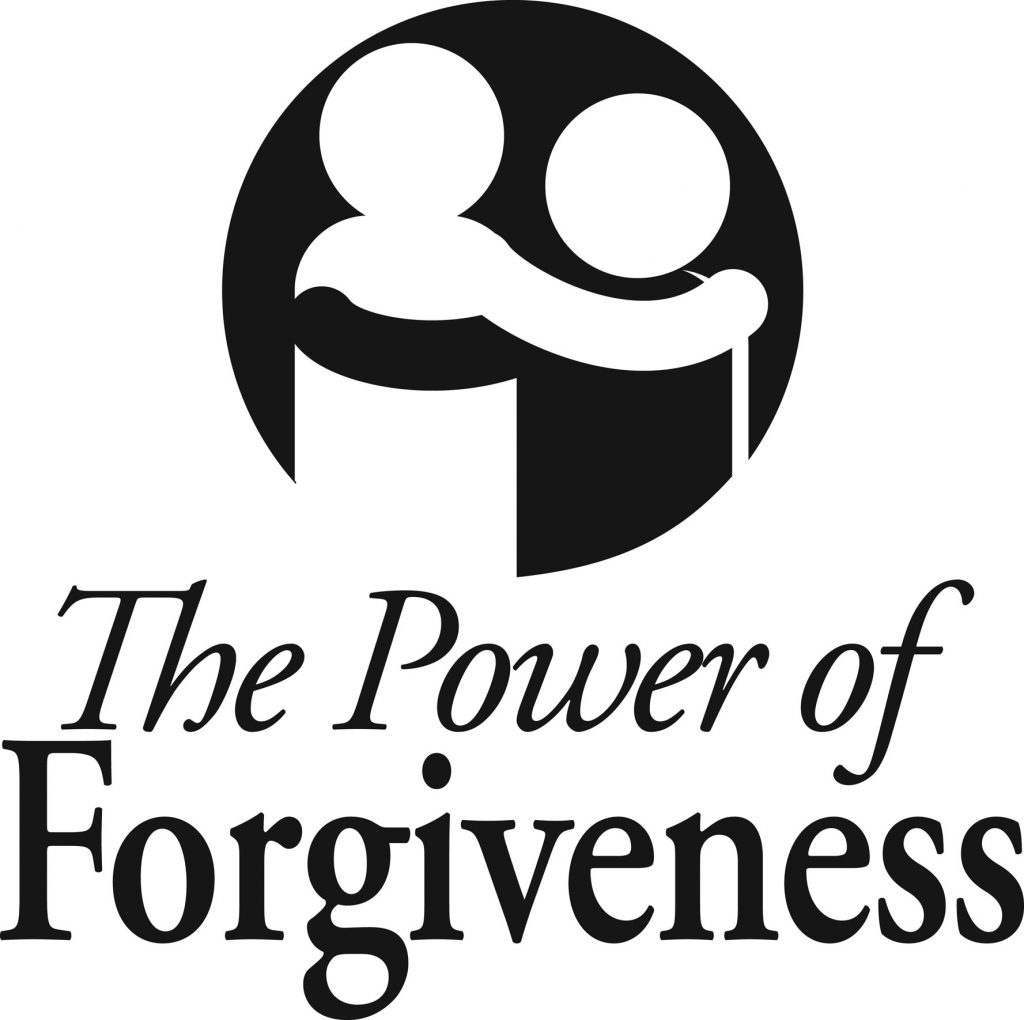Think on These Things: Positive thoughts in a negative world…
Forgiveness is an important issue with people. This was reinforced to me recently during a podcast interview I did for Fit for Joy about my book The Choice Is Yours: 52 Choices for Happier Lives. One chapter they wanted to discuss was on forgiveness. They even made a 10-minute animated video with a few of the questions featured from the podcast, and here again they wanted to focus on forgiveness. (If you are interested, you can access it here: https://fitforjoy.org/guests1/2021/1/8/barbara-dahlgren. There is no need to listen to the podcast to see the video. Just scroll down to the video titled “Knowing God, Forgiving, and Laughing More.”)
Studies show that those who master the art of forgiveness live longer, healthier lives. It was once considered mostly a theological issue, but today even psychologists, doctors, and scientists are embracing the idea of forgiveness. According to the Mayo Clinic, here are just a few of the health benefits of forgiveness: healthier relationships, less anxiety, less depression, stronger immune system, and fewer negative emotions.
So everyone agrees that forgiveness is a good thing. They also agree that it’s easier said than done. However, it might be easier to embrace the concept of forgiveness if we understand that forgiveness is not necessarily the following: forgetting, reconciling, or restoring. These may come in time after forgiveness, but are definitely not instantaneous. God admonishes us to forgive (Colossians 3:13, Ephesians 4:32, Luke 17:4), but He does not tell us to trust the untrustworthy, condone unchristian behavior, let everyone walk all over us, or prevent accountability. These perceived misconceptions can block an attitude of forgiveness.
On the other hand, forgiveness is not earned. Many of us play the “if only” game. We think we would forgive someone “if only” they would apologize or admit what they did. But that’s not how forgiveness works. In fact, many people we might need to forgive may never acknowledge they’ve done us wrong or even care. Yet, we should forgive them anyway.
All of us at one time or another have had someone betray us, hurt us, emotionally wound us, or do us wrong. So we think we have a justifiable “right” to hurt back, retaliate, get even, seek revenge, or have an “eye for an eye” mentality. When we forgive, we relinquish that “right.” We let God take care of any vengeance He thinks should take place (Romans 12:19-21). We trust God to take care of it in His way and in His time.
On the surface, forgiveness appears to be a selfless act, but it really isn’t because forgiveness is a gift we give ourselves as well as others. For in relinquishing this “right,” we trade caustic, self-destructive elements such as anger, resentment, and bitterness for peace. We can cross over from being a victim to being a survivor. We can get on with our lives. We can stop the past from dictating our present or future. As Lewis Smedes puts it, “To forgive is to set a prisoner free and discover that the prisoner was you.”
Forgiveness is the first step on a journey to healing. It doesn’t happen overnight. It’s a hard and sometimes long process but truly worth the effort. Fostering forgiveness benefits not only our physical life but our spiritual and emotional well-being as well. Forgiveness is a win/win situation. When we do it for others, we are really doing it for ourselves.
*****
“Finally, brethren, whatsoever things are true, whatsoever things are honest, whatsoever things are just, whatsoever things are pure, whatsoever things are lovely, whatsoever things are of good report; if there be any virtue, and if there be any praise, think on these things.” ~Philippians 4:8 (KJV)


